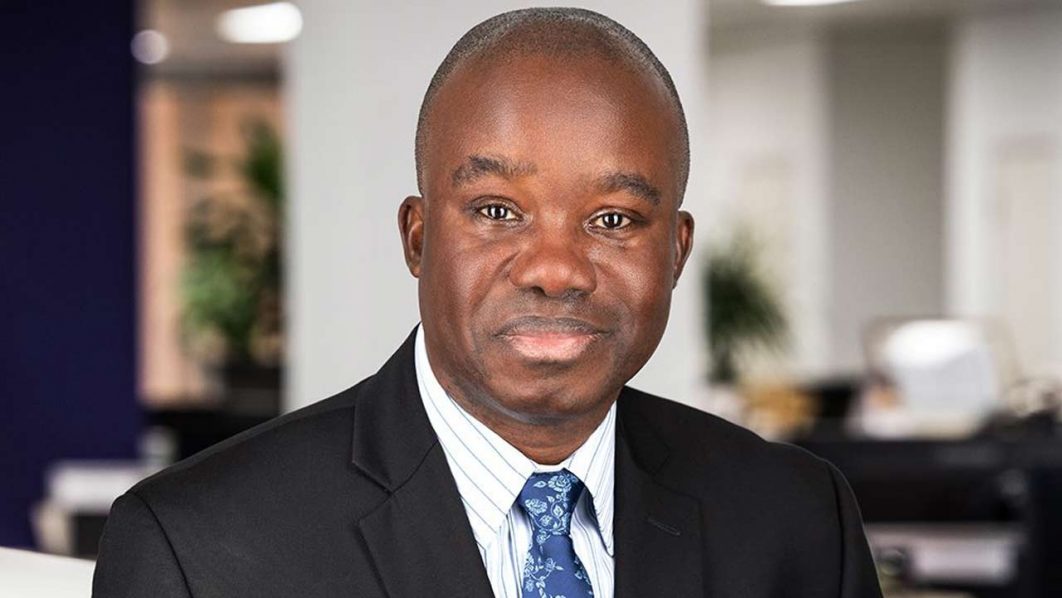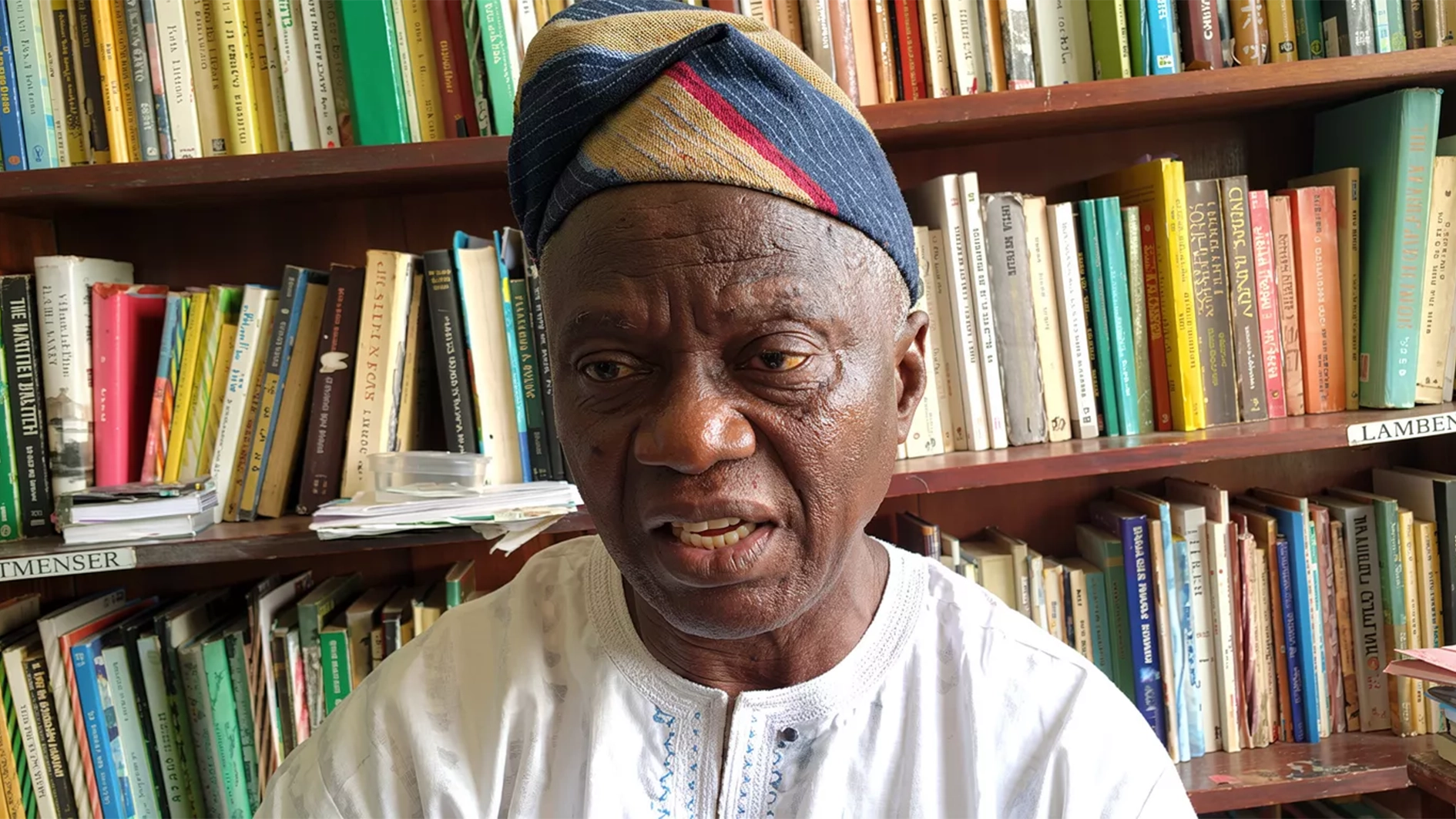
Benson Adenuga is the Country Director for Nigeria, British International Investment (BII). In this interview with HELEN OJI, he spoke on BII’s commitment toward unlocking Nigeria’s economic potential by deploying patient capital to finance key sectors for long-term inclusive growth, alongside other sundry issues. Excerpts:
As the United Kingdom’s (UK) development finance institution (DFI) and impact investor, how is the UK supporting Nigeria’s growth and development through its investments?
The UK is a long-standing ally of Nigeria, and is committed to supporting economic development and business growth through partnerships across various industries across the country. Nigeria’s economic size establishes the country as a strategic partner. Our economy represents approximately 65 per cent of West Africa’s gross domestic product and has been an anchor in the region’s stability and development for decades.
British International Investment (BII), the UK’s development finance institution and impact investor, plays a vital partnership role, working to support Nigerian businesses to address the country’s most pressing development priorities.
We have been operating in Nigeria for over 76 years, with a portfolio valued at nearly $700 million that supports more than 120 companies across critical sectors such as renewable energy, agriculture, finance, and digital infrastructure. Our investments aim to foster sustainable development, create jobs, and improve access to essential services for millions of people.
So, how does BII ensure that its investments contribute to job creation and economic growth in local communities across Nigeria?
With unemployment standing at 5.3 per cent in the first quarter of 2024, a significant increase from 2023, we recognise the urgency of job creation at scale. We also recognise that Small and Medium-sized Enterprises (SMEs) are the backbone of the Nigerian economy, accounting for 86 per cent of employment and contributing 48 per cent to the nation’s GDP.
These businesses are far more than just economic engines; they are essential for creating stable, long-term jobs, especially in underserved regions where opportunities are limited. To help strengthen this critical sector, BII is providing the capital and support needed for businesses to grow, expand, and create sustainable employment opportunities for Nigerians.
In July 2024, we committed $50 million to Access Bank to strengthen its capital base, empowering the bank to support underserved SMEs, including those led by women and youth —critical drivers of job creation and economic empowerment. Likewise, our $100 million partnership with First Bank is supporting small business owners across Nigeria, with $30 million specifically dedicated to women-led enterprises.
Additionally, we have made significant investments in venture capital funds that support innovation and early-stage businesses, which are crucial for job creation and economic transformation.
For instance, BII’s $15 million investment in TLcom’s TIDE Africa Fund supports early-stage businesses leveraging technology to improve market access. TLcom’s portfolio includes some of Africa’s most prominent startups delivering impact in and participation in diverse sectors such as education, technology, telecoms, and financial services. These companies include Kobo360, Andela, and Twiga Foods.
Similarly, our $5 million investment in Ventures Platform Fund backs tech-enabled seed-stage businesses in Nigeria, solving structural challenges in fintech, health tech, edtech, and agtech. We recognise that businesses embracing sustainability and climate change mitigation can play a crucial role in job creation. The International Labour Organisation (ILO) estimates that transitioning to a greener economy could generate as many as 24 million new jobs globally by 2030.
How is BII prioritising sustainable and inclusive investments in Nigeria, particularly in sectors like energy?
At BII, we believe that improving energy access through renewable energy solutions is a critical step in fostering long-term, inclusive growth and reducing the economic burden on businesses and households. With over 85 million people, 43 per cent of Nigeria’s population lacking access to electricity, and electrification rates as low as 31 per cent in some regions, Nigeria faces one of the world’s largest energy access deficits.
To address this shortfall and support business operations despite limitations to the national grid, we are committed to investing in alternative energy solutions such as solar photovoltaic (PV) stations, rooftop solar panels, and mini-grids. In November 2024, we also committed $30 million to InfraCredit to advance Nigeria’s energy transition by developing Decentralised Renewable Energy (DRE) facilities in rural areas.
This investment is aimed at providing reliable power to underserved communities, enabling local businesses to thrive, which will enhance the quality of life in rural and lower-income communities, offering dependable power for productive use while reducing reliance on diesel generators.
We have supported Sun King, a leading off-grid solar energy company, in accelerating rural electrification through clean and affordable power to low-income households across Africa. Our multiple tranches of investments have helped the company expand its Pay-As-You-Go (PAYG) renewable energy business, now serving 11.2 million people across Nigeria, Kenya, Tanzania, and Uganda.
Food security is a critical issue in Nigeria. How is BII supporting investments in the agricultural sector to improve food production, distribution, and sustainability, and what specific initiatives are targeting this challenge?
Food security remains one of Nigeria’s most urgent challenges. With the UN projecting that 33 million people in Nigeria will be affected by food insecurity in 2025 — an alarming increase from 25 million in 2024 — there is a need for a decisive action to be taken. At BII, we are supporting Nigeria’s agricultural sector through strategic investments that enhance food production, distribution, and long-term sustainability.
Our $65 million investment in Indorama Eleme Fertilizer and Chemicals, part of a broader $1.25 billion financing package, is a key part of this effort. This initiative focuses on expanding fertiliser production to improve crop yields, enhance product quality, and ultimately increase food security. By strengthening Indorama’s capacity to meet both domestic and international demand, we are helping to create a more resilient agricultural system that can better withstand the challenges of today and tomorrow
In addition to this, our $15 million investment in the Fund for Agriculture Finance in Nigeria (FAFIN) is supporting high-growth enterprises across Nigeria’s agricultural value chain. FAFIN focuses on areas such as processing, livestock, storage, distribution, organic farming, and production. In 2023, we also committed $15 million to Valency International to expand processing and warehousing facilities in Nigeria, benefiting 60,000 farmers.
These facilities are fostering partnerships with local farmers to enhance output and ensure a stable supply of premium-quality products globally. By empowering farmers with improved storage, logistics solutions, and sustainable agricultural practices, we are helping to secure a more stable and sustainable food system.
Northern Nigeria requires significant level of investment. How can BII support additional investment in that region?
At BII, we recognise the critical role the North plays in Nigeria’s overall development, and we are committed to supporting the region through targeted interventions. With large portions of the North facing food insecurity due to climate change, semi-arid landscapes, and instability, BII is exploring agricultural projects to strengthen local production capacity and improve food security.
These investments aim to enhance the resilience of the agricultural sector, boost local economies, and reduce the region’s dependence on external food sources. In addition to this, we are also working towards improving financial inclusion in the region, with the North West and North East facing the highest levels of financial exclusion in the country, as highlighted by a Financial Sector Deepening (FSD) report.
We aim to deepen financial inclusion, unlock business opportunities, and ultimately drive sustainable economic growth in Northern Nigeria through strategic partnerships with financial institutions to increase lending, as well as providing critical funding and financial services to underserved communities.
What is your assessment of the Nigerian economy? Can you prescribe the leeway to Nigeria attaining a $1 trillion economy in the near future?
Nigeria holds immense potential for economic growth. With targeted investments in critical sectors such as energy, infrastructure, agriculture, and technology, the country is well-positioned to achieve its $1 trillion economy goal.
At BII, we are committed to supporting this transformation by deploying patient capital and bringing in other investors to contribute towards addressing Nigeria’s most pressing challenges, while laying the foundation for long-term, inclusive growth.
The 2025 budget, with its focus on agriculture, energy, and infrastructure offer a clear path forward. We will continue to align our investments with these priorities, ensuring that they address both immediate needs and long-term national development goals, to play our part in unlocking Nigeria’s vast economic potential.






